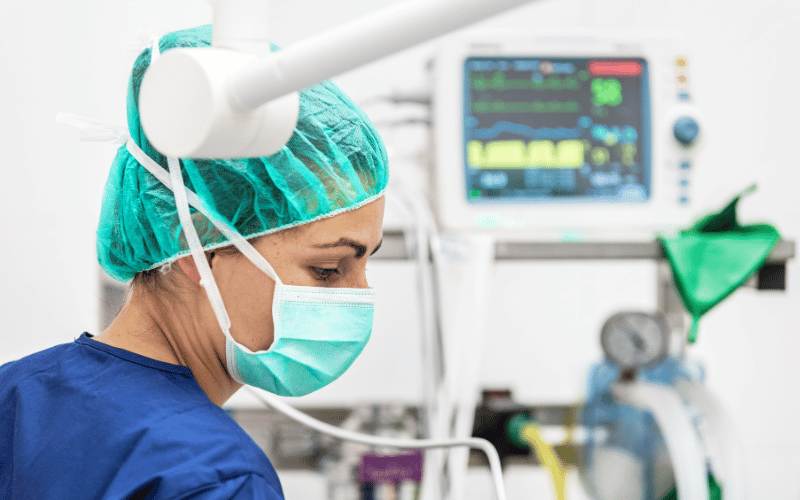Fact 10: Riskier for ICU Patients

Individuals in the Intensive Care Unit (ICU) are among the most vulnerable to stress-induced gastritis. Given the severe nature of their conditions and the intense medical interventions they often undergo, their bodies are under immense stress, setting the stage for gastritis.
Many ICU patients are on mechanical ventilation, medications that can impact blood flow to the stomach, or have suffered trauma or burns. All these factors can contribute to diminished blood flow to the stomach lining, weakening its defenses against the corrosive effects of stomach acid.
Given this heightened risk, preventive measures are paramount. Many ICU patients are routinely started on medications to reduce stomach acid production or coat the stomach lining, warding off potential gastritis before it takes root.
In the high-stakes environment of the ICU, constant monitoring is the norm. At the first sign of potential gastritis or related complications, medical teams are poised to intervene. This rapid response capability is crucial, given how quickly conditions can deteriorate in such a setting.
Stress-induced gastritis in ICU patients isn’t just a standalone issue; it’s part of a broader landscape of potential complications. Understanding its interplay with other conditions, treatments, and interventions is crucial for comprehensive patient care. This underscores the importance of a holistic, integrated approach to ICU patient management. (10)